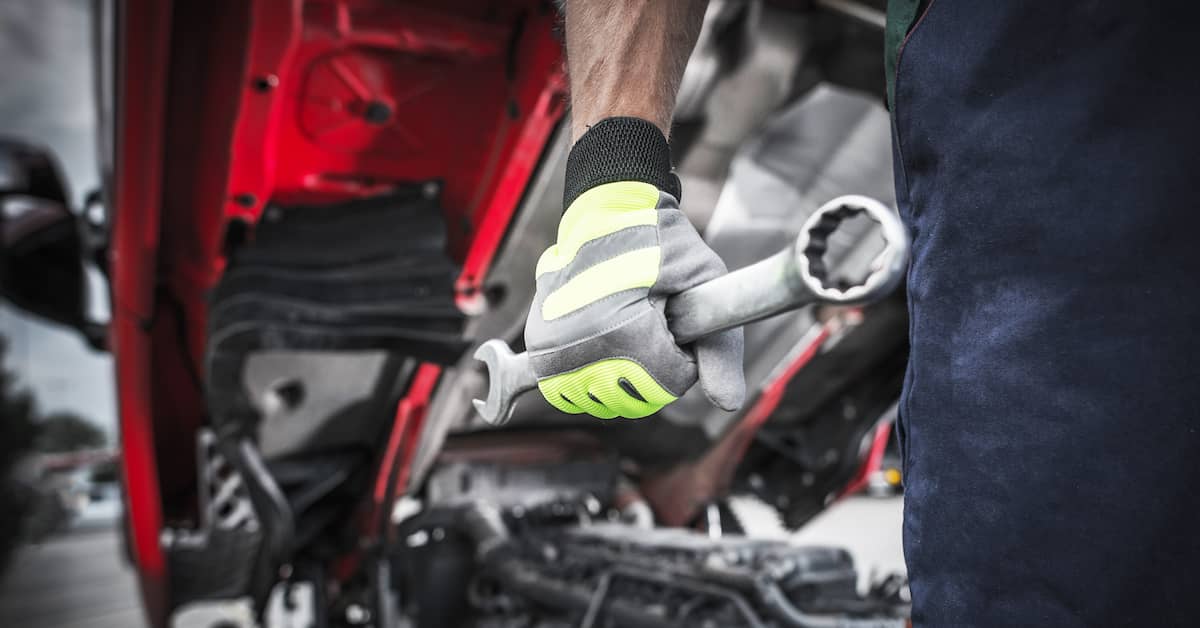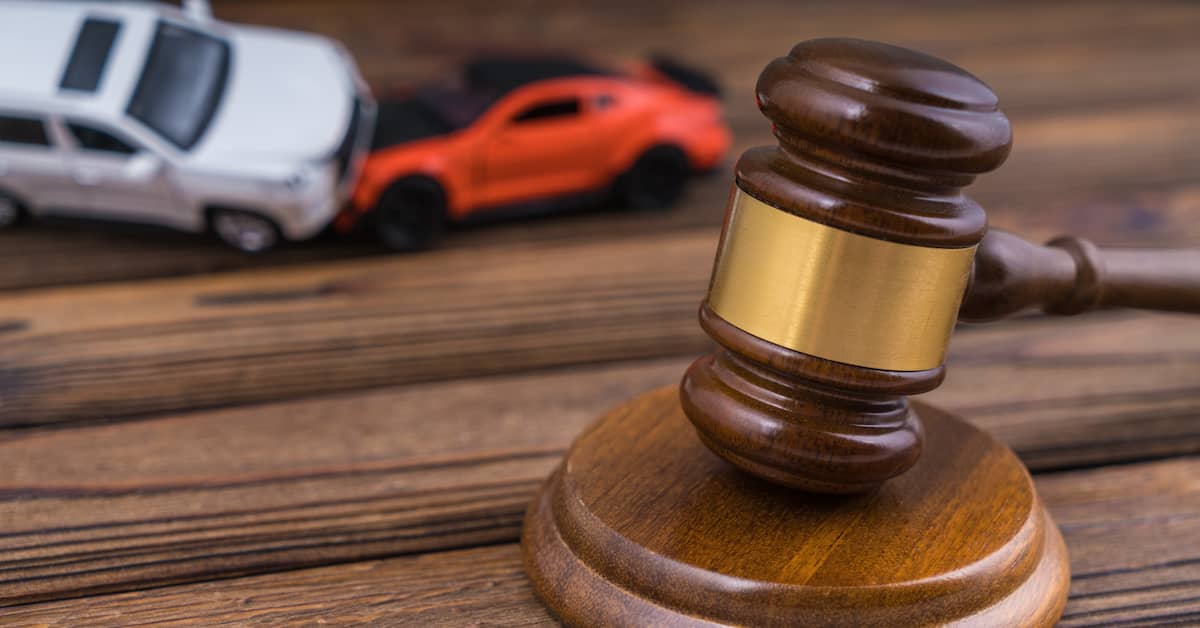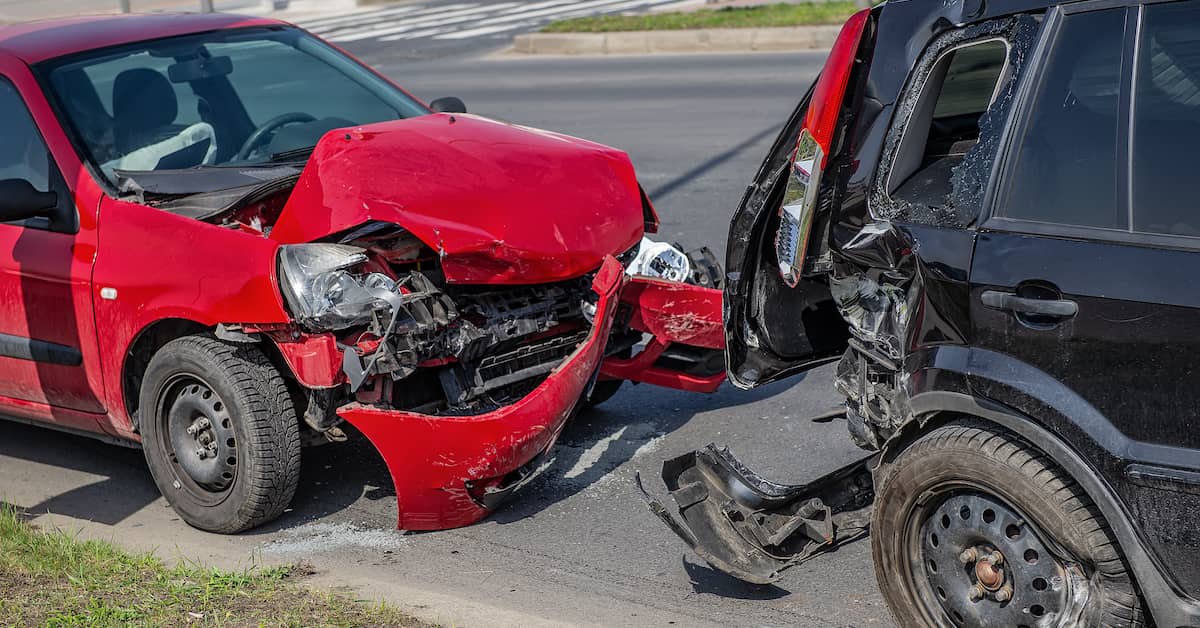
Who Is Responsible for the Maintenance of Trucks?
Improper truck maintenance is a significant factor in many road accidents, raising serious questions about responsibility and safety on our roads. Ensuring that large commercial trucks are properly maintained is not just a matter of compliance with regulations—it’s a fundamental aspect of road safety.
Accidents involving large trucks can be catastrophic. The massive amount of damage that these hulking machines are capable of makes proper maintenance of critical importance. Understanding the dynamics of maintenance requirements and liability in accidents caused by improper truck maintenance is crucial. This is especially true for those injured in truck accidents.
If you’ve been injured in a truck accident, you may wonder who was liable for the accident and what went wrong. Nobody asks for a catastrophic accident to change their lives, but unfortunately, it happens to many of us. If improper maintenance caused the accident, you may have a claim for compensation for your tragic losses.
Call Maggiano, DiGirolamo & Lizzi at (201) 585-9111 today to schedule a FREE consultation. Our New Jersey truck accident lawyers will evaluate your claim and fight courageously for the justice you deserve.
Common Maintenance-Related Issues
Truck maintenance is vital for safe operation—neglecting it can lead to serious accidents. Common issues resulting from improper truck maintenance include:
- Brake failures
- Single or multiple tire blow-outs
- Failure of a hitch
- Suspension failure
- Steering column failure
- Broken headlights or turn signals
- Increased stopping distance due to unmaintained brakes
These problems not only increase the risk of accidents but also exacerbate the severity of any incidents that occur.
Standards for Commercial Vehicle Maintenance
Federal regulations, under the Federal Motor Carrier Safety Administration (FMCSA), set stringent maintenance standards for commercial vehicles to minimize risks. Some of the essential guidelines outlined in 49 CFR § 396 include:
- Required Records: Motor carriers must maintain detailed records of all inspection, repair, and maintenance activities. These records should include the vehicle identification, a summary of the inspection, repairs, maintenance operations performed, and the dates when these activities were performed.
- Driver Vehicle Inspection Reports: Drivers are required to report any defects or deficiencies in their vehicle that could affect safe operation. These reports are critical for preventive maintenance and identifying issues before they lead to accidents.
- Regular Inspections: Motor carriers of passengers are required to inspect their vehicles at least every 12 months. Qualified inspectors must carry out these inspections.
- Inspector Qualifications: Inspectors must be qualified through training or experience to assess the vehicle’s safety and ensure compliance with the regulations.
- Unsafe Operations: Vehicles deemed in unsafe condition are prohibited from operating until necessary repairs are made.
- Parts & Accessories: The guidelines emphasize the necessity of ensuring that parts and accessories are in safe and proper condition at all times. Specific parts like brakes, lights, and steering mechanisms require regular attention.
- Roadside Inspections: Vehicles may be subjected to roadside inspections. Deficiencies identified during these inspections must be corrected.
- Emergency Equipment: Vehicles must be equipped with fire extinguishers, spare fuses, and warning devices for stopped vehicles (like flags or reflective triangles).
Regular checks and repairs are mandatory to ensure that every truck component functions correctly, reinforcing the importance of ongoing maintenance in preventing road mishaps.
Read More: Federal & State Trucking Regulations
Who Is Responsible for Improper Truck Maintenance?
Responsibility for truck maintenance primarily falls on trucking companies and owners. They are required by federal law (49 CFR §§390–399) to regularly inspect, repair, and maintain all vehicles in their fleet. This includes keeping detailed records of all maintenance activities. However, responsibility can extend to others as well.
Maintenance companies contracted to service trucks must perform their duties diligently. In cases where improper truck maintenance leads to an accident, both the trucking company and the maintenance provider could be held liable. Determining liability in such situations often requires thorough investigation and legal understanding.
What Is the Truck Driver’s Responsibility?
Truck drivers also play a crucial role in the maintenance of their vehicles. While they might not be directly responsible for conducting repairs, they are required to perform pre-trip and post-trip inspections and report any maintenance issues they observe.
Drivers must ensure their vehicle is safe to operate before hitting the road, as mandated by FMCSA regulations. Failure to conduct these inspections or report issues can lead to accidents, potentially implicating the driver in the liability for any resulting damages. There is a shared responsibility among various parties in maintaining the safety of commercial trucks.
Read More: Understanding Truck Accidents: Types, Causes & Claims
Where Can I Find a Truck Accident Lawyer?
Determining liability in issues of improper truck maintenance can be complex and involve multiple parties. A New Jersey truck accident lawyer is essential for working through these intricate legalities.
Read More: Things To Know Before You Talk to a Truck Accident Attorney
If you or a loved one has been involved in a truck accident in New Jersey, it’s important to consult a knowledgeable truck accident lawyer. They will have an understanding of federal truck maintenance laws and liability issues. Maggiano, DiGirolamo & Lizzi offers experienced legal representation for truck accident cases.
Our team is well-versed in the nuances of trucking regulations and can help determine who is liable for improper truck maintenance. We are committed to ensuring you receive the compensation and justice you deserve.
Contact us today for a FREE consultation, and let us guide you through the legal process. We proudly represent clients in New Jersey and New York.


















